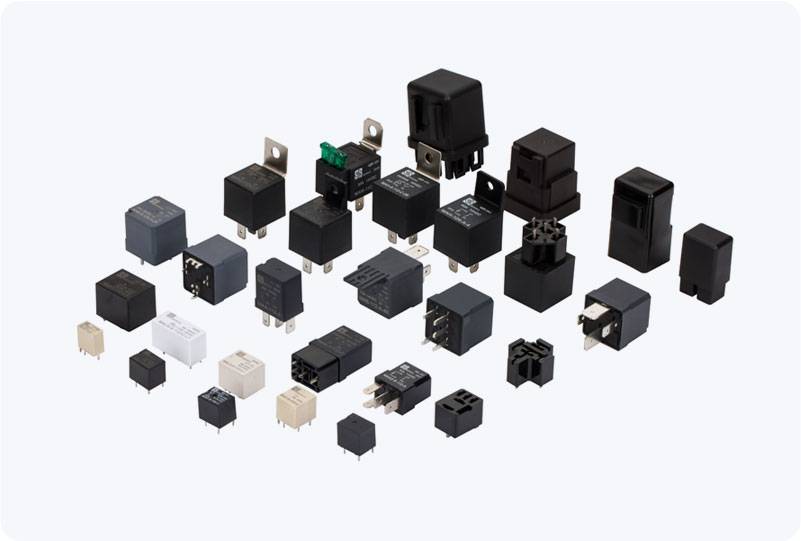The Battery Pack Main Relay (BPMR) plays a crucial role in the functionality and safety of electric and hybrid vehicles (EVs and PHEVs). As the energy storage system for these vehicles, the battery pack is responsible for storing and supplying power to the electric motor and other components. The BPMR acts as a key safety and operational component that ensures the battery pack is connected or disconnected from the vehicle’s system based on specific conditions, thus playing a significant role in maintaining vehicle performance and preventing damage to the battery.

What is a Battery Pack Main Relay? A Battery Pack Main Relay is an electromechanical device used to control the power flow between the battery pack and the rest of the vehicle’s electrical system. This relay is designed to open or close circuits, enabling or disabling the connection between the battery and other vehicle components. The BPMR is controlled by the vehicle’s Battery Management System (BMS), which monitors the battery’s health and usage conditions to ensure that the relay operates safely and efficiently. Key Functions of Battery Pack Main Relay Power Control: The primary function of the BPMR is to control the connection between the battery and the vehicle’s electrical systems. When the vehicle is ready to operate, the relay closes, allowing electrical energy to flow from the battery to the motor and other essential components. When the vehicle is turned off, or when the BMS detects an unsafe condition, the relay opens, cutting off power from the battery and preventing any potential electrical hazards.